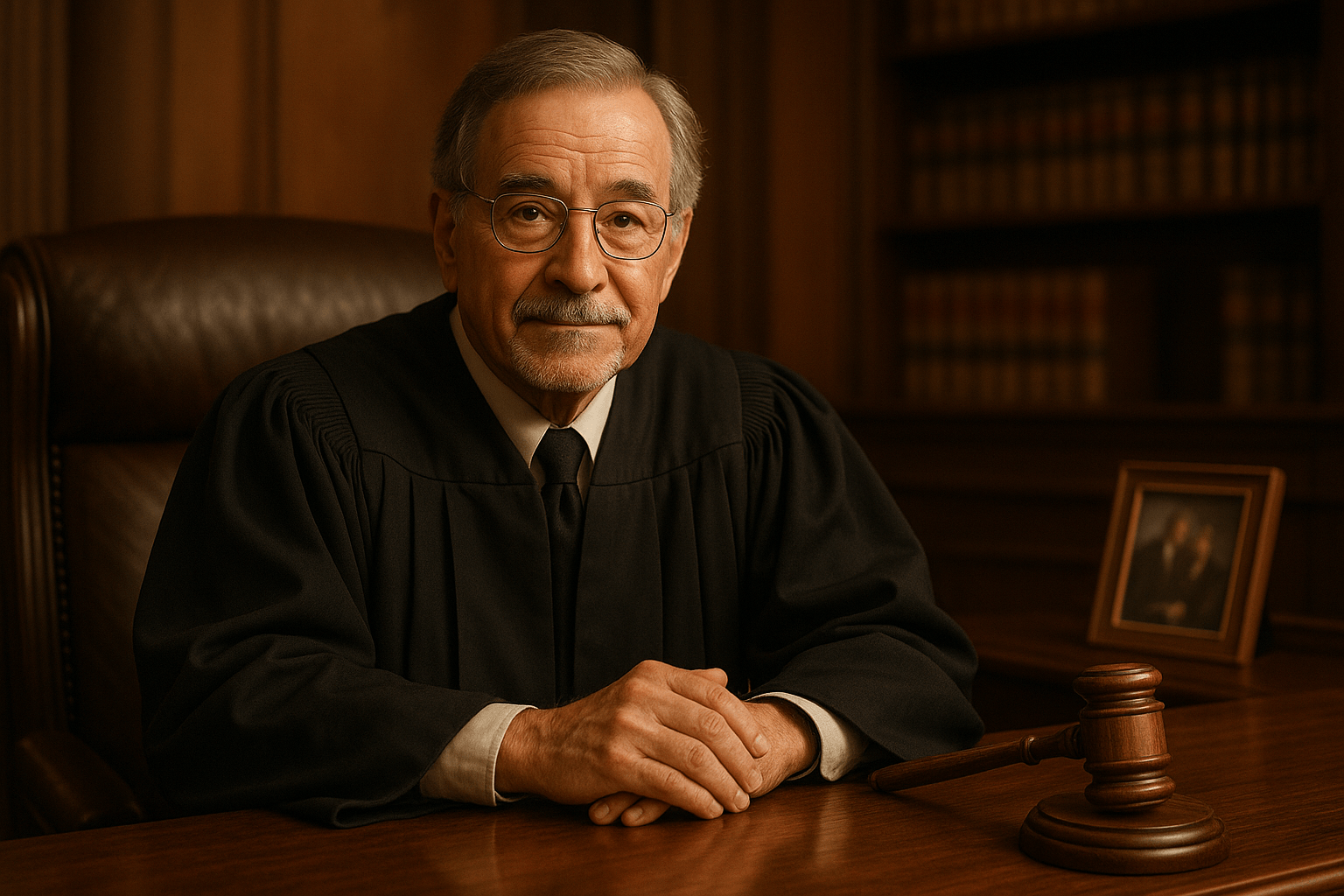The Experience of Black Presenters at GB News: An Examination of Discriminatory and Intolerant Workplace Cultures
GB News has sparked immense debate since its inception, positioning itself as “Britain’s news channel.” However, beyond its coverage lies a troubling undercurrent—one that raises serious concerns about intolerance and discrimination, particularly towards its black presenters. So, just how discriminatory and intolerant an environment can GB News create for its black presenters?
Understanding the Landscape at GB News
The conversation about diversity and race in UK media is not new, but recent revelations and reports concerning GB News bring these issues into sharper focus. According to perspectives from former GB News presenters and employees, the channel’s environment sometimes fosters exclusion and discrimination, making it exceptionally challenging for black journalists and presenters to thrive.
Allegations of Discrimination at GB News
Serious accusations have been leveled against GB News regarding its treatment of black presenters. For instance, there have been claims of racist language and microaggressions behind the scenes, a lack of support from management, and a failure to properly address formal complaints. These issues often lead to a hostile environment where black presenters may feel isolated, unsupported, and ultimately forced to consider leaving their posts to protect their own wellbeing.
Prominent cases have hit headlines, highlighting the real-world implications of such adversity. In some situations, black presenters have reported feeling that their perspectives are questioned or invalidated, and that they experience an outsized level of scrutiny compared to their white peers. The impact of these dynamics can be both personally and professionally devastating.
The Impact of a Hostile Workplace Culture
Why do these allegations matter so much? Diversity in media isn’t just about optics—it fundamentally improves reporting, broadens perspectives, and helps all viewers feel seen and heard. When black presenters are discriminated against, it stifles these benefits and ultimately hurts the integrity of Britain’s media landscape.
Intolerant workplaces can have devastating consequences, including:
- High turnover among minority staff due to feeling unwelcome or unsafe
- Mental health impacts, including anxiety, depression, or stress-related illness
- Reduced trust in media institutions among underrepresented communities
- A chilling effect that discourages talented individuals from minority backgrounds from pursuing similar careers
When these patterns are allowed to exist unchecked, it’s not just the staff who suffer—it’s also the audiences, and ultimately, society at large.
The Role of Legal Action and Public Awareness
Increasingly, legal challenges and public campaigns are being leveraged to hold institutions accountable. The Good Law Project has undertaken a crowdfunding campaign to support whistleblowers and victims in addressing what they call “racism at GB News.” This legal and financial backing is crucial because individuals who experience discrimination often face enormous personal and professional risks in coming forward.
Crowdfunding for legal action demonstrates widespread public support for ending discrimination, and it’s vital for both repairing harm already done and deterring future abuse. Legal outcomes have the potential to set important precedents, sending the message that mistreatment will not be tolerated—whether in media or any other sector.
What Needs to Change?
Creating a diverse and inclusive newsroom is a journey, not a box to be ticked. For GB News—or any media outlet—to foster true inclusivity, it must:
- Listen to Black Voices: Establish safe, meaningful avenues for feedback and ensure that black presenters and staff are truly heard.
- Take Reports Seriously: Act decisively on complaints, with transparent investigations and real consequences for perpetrators of discrimination.
- Increase Representation: Recruit, retain, and promote black and minority staff at all levels—from presenters to executives.
- Offer Training: Implement effective, ongoing anti-racism and cultural competency training for all staff.
Most importantly, change must be led from the top. Leadership’s commitment to diversity and inclusion sets the tone for the entire organization; without it, even well-intentioned reforms will falter.
Diving Deeper: More on Racism and Diversity in UK Media
- Challenges and Experiences of Black News Presenters in the UK
- BBC News: How does Racism Impact Journalists?
- Financial Times: Diversity in British Broadcasting
Conclusion: Towards a Media Future Without Intolerance
The road to an inclusive, representative media landscape—one where black presenters at GB News and beyond feel truly welcome—requires genuine introspection and decisive action. It takes listening, learning, and a willingness to confront uncomfortable truths. Discrimination and intolerance poison our shared conversations; rooting them out is everyone’s responsibility.
Supporting organizations and legal efforts working to end racism, sharing reliable news sources, lifting up minority voices, and demanding transparent change from media institutions are just some of the ways we can all help shape a media environment that works for everyone. In the end, fair treatment isn’t just a workplace issue: it’s about justice, accountability, and building a better society for all.




